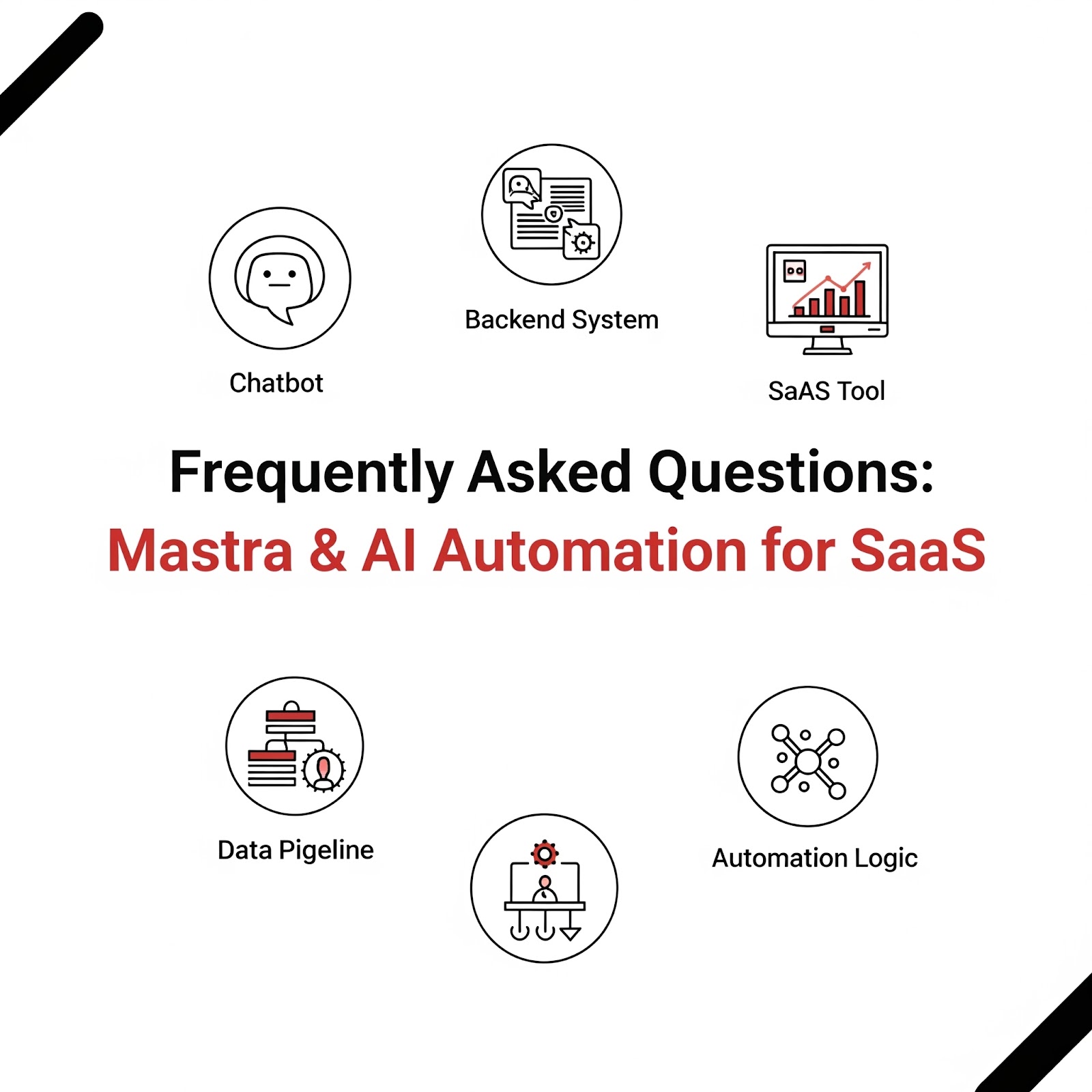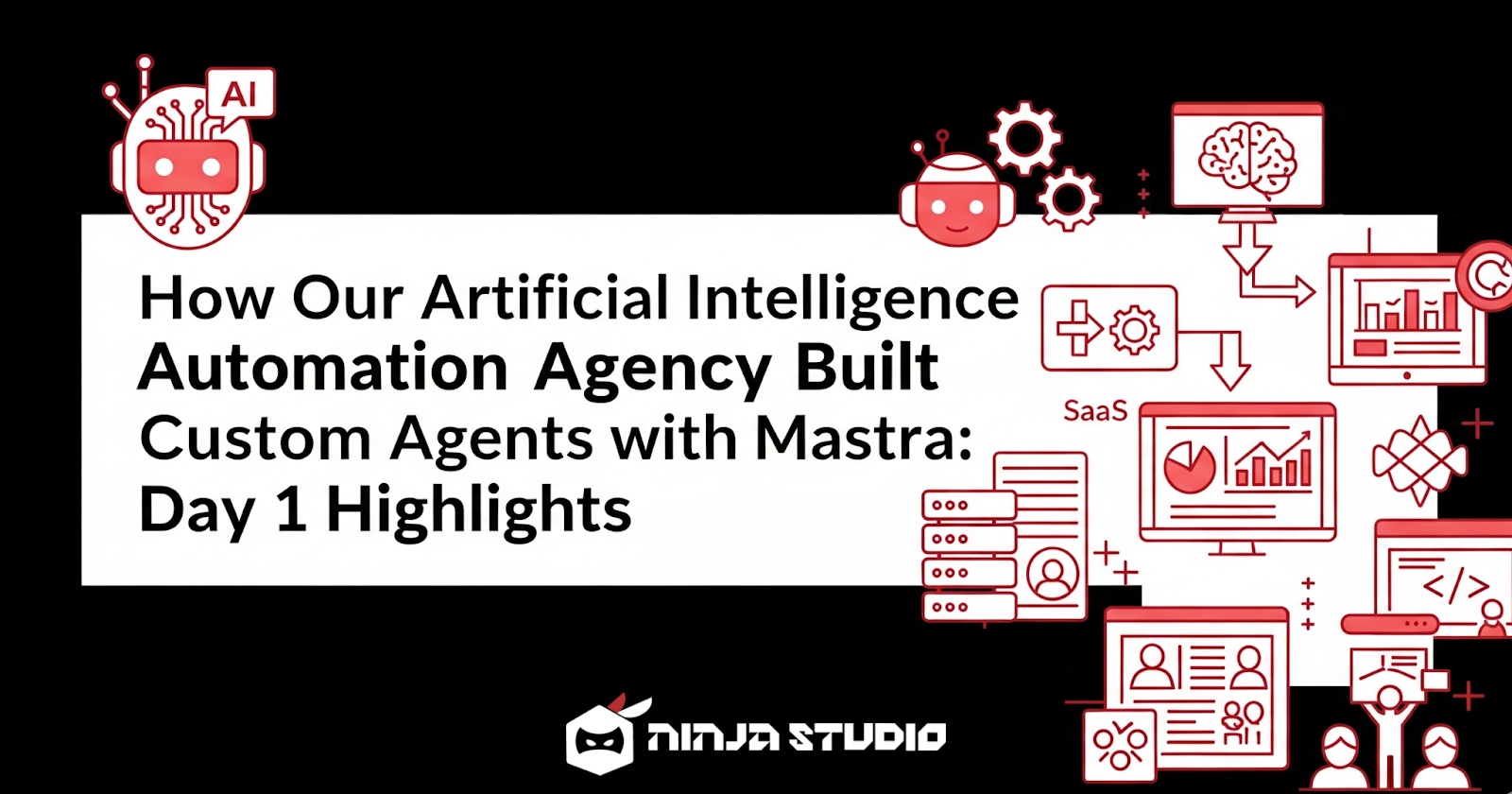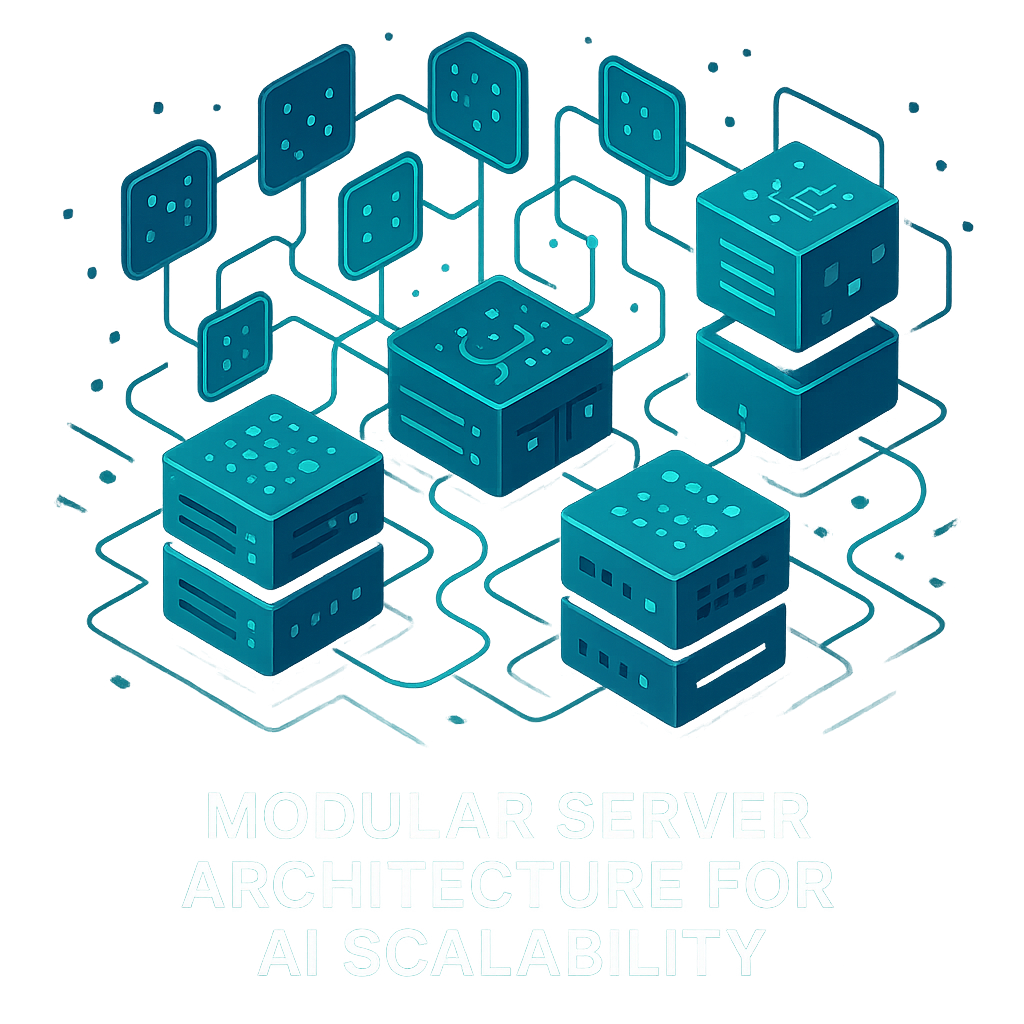How Our Artificial Intelligence Automation Agency Built Custom Agents with Mastra: Day 1 Highlights

This Blog Answers these questions
- What is an artificial intelligence automation agency?
- What is Mastra and how is it different from traditional bots?
- How does Mastra support startup workflows?
- What does an automation license manager do?
- Is Power Automate Premium useful for small SaaS teams?
- What role does automated matching play in Mastra?
- How can SaaS startups get funding for AI projects?
- How does AI help with agile product development services?
- Can I use Mastra for app development for startups?
- How do we get started with automated workflow efficiency?
At The Ninja Studio, we’re not just another artificial intelligence automation agency — we build tools that evolve with your team. On Day 1 of our internal automation workshop, our backend development team unveiled Mastra, a modular AI agent framework that demonstrated real-world use cases like intelligent email triage, SQL data analysis, and travel planning — all powered by custom automation logic.
According to a 2025 report by the Canadian AI Innovation Council, over 42% of SaaS companies now deploy internal AI agents to manage cross-team workflows, and that number is growing. Whether you're a marketing automation agency, DevOps lead, or founder of a growing startup, this blog walks through how our team built, tested, and scaled Mastra agents — and how you can too.
Why Most Startups Struggle to Scale Internal Automation
For startups, building fast means balancing product delivery, customer support, and back-office ops — often with limited resources. Teams that lack custom automated solutions usually resort to manual workflows like:
- Forwarding internal queries to developers manually
- Copy-pasting SQL queries across teams
- Repeating data prep steps for every report
These inefficiencies compound as startups grow. Even with AI hype in the air, few teams invest early in tools that actually integrate with their startup tech team’s stack. That’s what sparked Mastra.

Inside Mastra: Our Modular Agent Framework Explained
The goal was simple: build a system where AI agents could act like team members — capable of learning, responding, and improving. Mastra is our answer.
How Mastra Works:
- Each agent has a persona (e.g. “SQL Analyst” or “Inbox Triage Assistant”)
- It listens via APIs, Slack, email, or webhooks
- It takes action: replying, generating queries, sending summaries
Example Use Cases from the Workshop:
- Email Triage Agent: Automatically classifies support emails using AI SaaS product classification criteria
- SQL Query Bot: Builds queries based on human prompts and scans schema documentation
- Trip Planner Agent: Converts plain-text dates and preferences into structured travel itineraries
This isn’t off-the-shelf automation — it’s automated workflow efficiency for real product teams.
Why This Isn’t Just About Code — It’s About Efficiency
One of the workshop’s key takeaways was how AI helped the team improve automated process efficiency without adding engineering overhead.
How Mastra Helped:
This reflects the value that a smart automation license manager and scalable internal tools bring — helping teams prevent tool overload and cost bloat.
How This Applies to Other Startups and Agencies
The demo sparked interest from across the studio — especially from the digital product development and website design for SaaS teams.
Here’s where we believe startups can start:
- Build a Minimum Viable Product (MVP) using agent templates
- Use tools like Power Automate Premium to bind triggers + outputs
- Test one use case (e.g. internal ops or CX automation)
- Involve your startup internet teams early to prevent future rewrites
- Audit licensing with a lightweight automation license manager
Want funding help? Check out Startup Funding Canada and IRAP grants for automation innovation .
How This Ties Into Marketing & Revenue Teams
During the Day 1 showcase, the marketing team explored how AI workflow automation tools integrate with Mastra’s outputs. These include:
- Triggering segmentation flows for leads auto-categorized by Mastra
- Connecting to marketing automation agency CRMs for outreach
- Logging product queries to train support chatbots or onboarding flows
We also explored how to automate AI assistant company monetization roadmap planning by letting agents read NRR data, cohort retention curves, and suggest pricing tests. This kind of innovation is exactly why we host these digital automation workshop series.
Real Feedback from Teams After Day 1
“What stood out is how fast the SQL bot turned plain-language questions into real queries. It’s like having an on-demand data analyst.”
— Ops Lead, The Ninja Studio
“Mastra agents feel like a blend of agile development and AI. You can iterate on their skills in the same way we ship code.”
— Head of Backend Engineering
Final Thoughts: Custom Agents, Real Results
What Day 1 showed us wasn’t just that AI agents work — it showed us that they scale. Mastra isn’t about replacing people. It’s about freeing them up to work smarter. And that’s exactly what an artificial intelligence automation agency like The Ninja Studio aims to do.
Whether you're building your first internal AI bot or launching a custom automated SaaS tool, now’s the time to move from theory to impact.
Book a Free Consultation with The Ninja Studio
Want to explore how custom agents like Mastra can fit into your ops, product, or marketing workflows?
👉 Book a free consultation and unlock scalable automation for your SaaS team.
Frequently Asked Questions

What is an artificial intelligence automation agency?
An artificial intelligence automation agency builds tailored AI-driven tools that automate workflows across SaaS platforms, DevOps, marketing, or customer success.
What is Mastra and how is it different from traditional bots?
Mastra is a modular framework for building intelligent agents. Unlike static chatbots, it uses memory, persona-based behaviors, and flexible triggers to take contextual actions across tools.
How does Mastra support startup workflows?
From custom MVP for SaaS use cases to automating manual internal ops, Mastra helps reduce latency, increase efficiency, and promote collaboration between technical and non-technical teams.
What does an automation license manager do?
It helps track SaaS tool usage, user limits, renewal dates, and compliance — so your automation stack doesn’t turn into a mess of unmanaged logins and fees.
Is Power Automate Premium useful for small SaaS teams?
Yes. Power Automate Premium is especially helpful for binding together tools like Slack, Notion, Google Sheets, and Git — all without writing code.
What role does automated matching play in Mastra?
One Mastra agent uses automated matching logic to pair user requests with relevant response templates, code snippets, or product docs.
How can SaaS startups get funding for AI projects?
Look into startup funding Canada options like the Canada Digital Adoption Program, NRC IRAP, and BDC Innovation Loans .
How does AI help with agile product development services?
AI agents accelerate discovery, feedback collection, bug triage, and documentation — making your agile product development services truly iterative.
Can I use Mastra for app development for startups?
Absolutely. Mastra is ideal for app development for startups with garage2global scale ambitions — especially those building tooling-heavy B2B products.
How do we get started with automated workflow efficiency?
Start small. Pick one recurring workflow. Use Mastra or similar tools to automate data intake, validation, or routing — then iterate from there.

%201.png)


.svg)




.svg)
